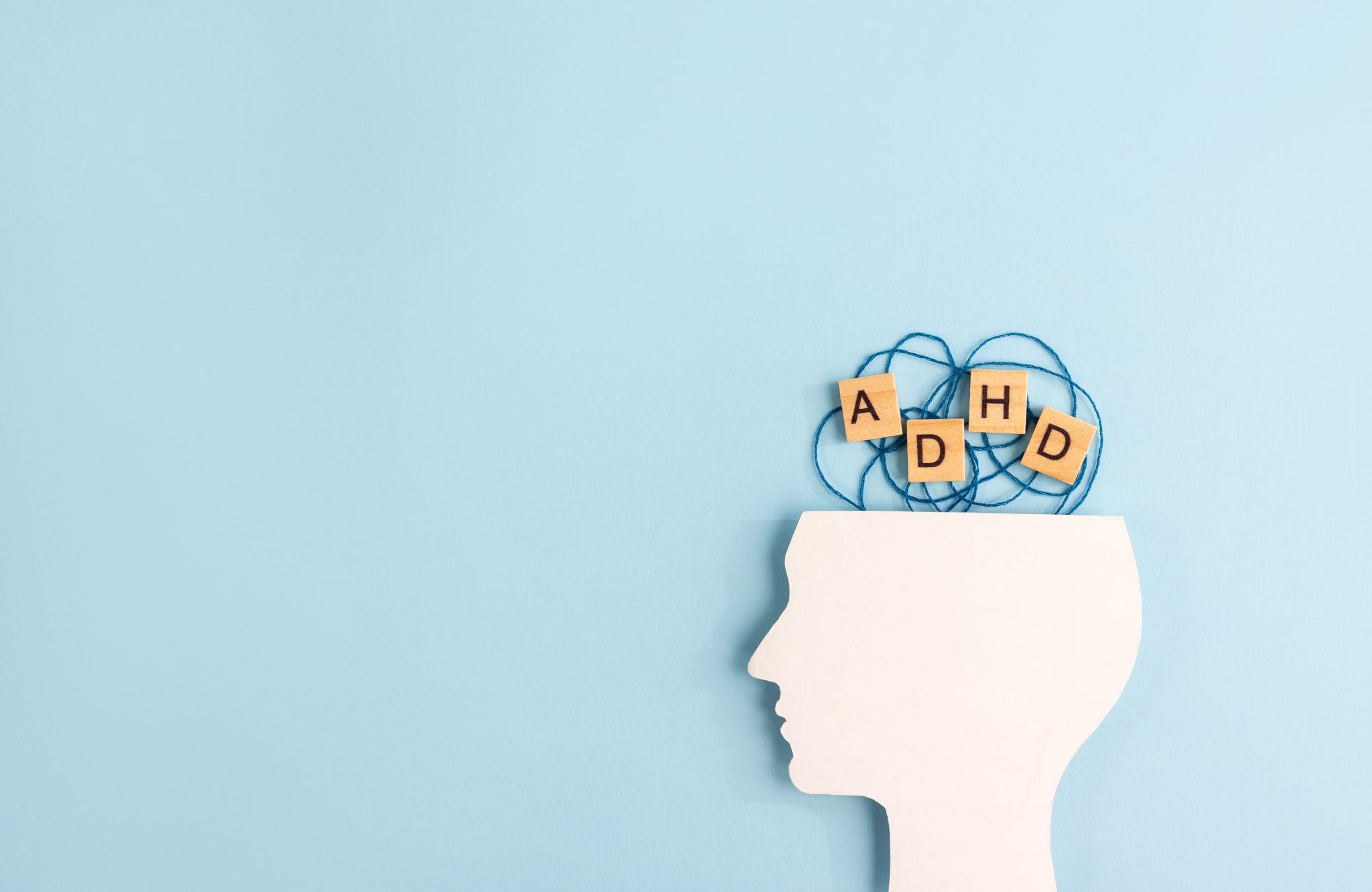Attention-deficit/hyperactivity disorder (ADHD) is a neurological condition that not only affects concentration and self-regulation but also significantly impacts an individual’s behavioral patterns.
People with ADHD may be drawn to abuse drugs or alcohol as a way to cope with their symptoms or as a result of their brain’s unique chemistry, leading to addiction. Commonly abused substances among those with ADHD include stimulants like amphetamines and cocaine, which are often used in an attempt to enhance focus and control impulsivity. Others may turn to alcohol or marijuana to soothe feelings of restlessness or to manage the emotional dysregulation associated with ADHD.1
Understanding the reasons behind the increased risk of substance abuse and exploring effective treatment approaches, including dual diagnosis rehab, are essential for treating ADHD symptoms and addiction.
Can Addiction Be Linked to ADHD?
Research shows that the relationship between ADHD and substance abuse is complex and multifaceted.2 It is important to understand how certain characteristics and neurological aspects of ADHD contribute to an increased susceptibility to addiction for timely intervention:
Impulsivity and Risk-Taking
Impulsivity is one of the main symptoms of ADHD, particularly evident in the hyperactive-impulsive presentation of the disorder. This trait manifests as a tendency to act without thinking about the long-term consequences, leading to a propensity for risk-taking behaviors.
In the context of substance use, this means that individuals with ADHD might experiment with drugs, alcohol, or controlled substances at a younger age compared to their peers. This early experimentation is a critical risk factor for the development of substance use disorders.
Self-Medication Theory
Many individuals with ADHD turn to substances as a means to manage or mitigate the symptoms of their condition. This self-medication can be seen across various substances:
- Stimulants: Individuals with ADHD may use illicit stimulants to replicate the effects of prescribed medications like amphetamines, which are used to increase concentration and calm hyperactivity. However, the uncontrolled use of stimulants can lead to dependency and exacerbate ADHD symptoms over time.
- Depressants: Alcohol and marijuana are often used by those with ADHD to calm their restlessness or manage feelings of being overwhelmed. These substances might temporarily alleviate these discomforts but can also contribute to the development of addiction.
- Nicotine and Caffeine: Less intense but equally concerning are substances like nicotine and caffeine, which may be used excessively by individuals with ADHD to enhance focus or manage energy levels.
Brain Chemistry
The neurobiological underpinnings of ADHD and addiction are deeply intertwined, particularly through the dopamine system. ADHD is associated with dysregulated dopamine pathways, which affect attention, motivation, and the pleasure/reward system in the brain.
Given dopamine’s crucial role in the pleasure derived from drug use, individuals with ADHD might be more driven to seek out substances that increase dopamine levels as a way to self-regulate or enhance their dopamine function.

Treating ADHD and Addiction
Treating the dual diagnosis of ADHD and addiction involves an approach that addresses both conditions simultaneously to ensure the best possible outcomes. Treatments for ADHD and addiction can be found at dual diagnosis treatment centers and offer the following programs:
Integrated Treatment Programs
Dual diagnosis treatment. Dual diagnosis treatment programs specifically designed to handle dual diagnoses are crucial. These programs offer integrated therapy that addresses both ADHD and addictive behaviors, recognizing that each condition can exacerbate the other. Treatment in a dual-diagnosis context is tailored to mitigate the risks associated with one condition worsening the other.
Coordination between treatment providers. Effective treatment requires coordination among healthcare providers, including psychiatrists, addiction specialists, and therapists. This collaboration ensures that treatment for addiction considers ADHD symptoms and vice versa, providing a holistic approach.
Behavioral Therapies
Cognitive behavioral therapy (CBT). CBT is highly effective in treating both ADHD and addiction. For ADHD, CBT helps modify the patient’s thought patterns and behaviors, improving focus and organizational skills. For addiction, CBT helps identify triggers for substance use, develop coping strategies, and change harmful patterns of behavior.
Mindfulness and behavioral modification. Techniques such as mindfulness can help individuals with ADHD to better manage impulsivity and increase their awareness of actions and consequences, which is particularly useful in managing addictive behaviors. Other behavioral therapies may focus on developing skills for delay of gratification and improving emotional regulation.
Medication Management
Careful use of stimulants. Although stimulant medications are effective for treating ADHD, they carry a risk of abuse, particularly for individuals with a history of addiction. Non-stimulant medications like atomoxetine or certain antidepressants might be considered as they have a lower potential for abuse.
Medications for addiction. Depending on the substance involved, medications may be prescribed to manage withdrawal symptoms, reduce cravings, or treat co-occurring disorders like depression or anxiety, which are often present in individuals with ADHD and addiction.
Lifestyle Changes and Holistic Approaches
Routine and structure. For those with ADHD, a structured routine can be beneficial in reducing impulsivity and managing time effectively, which in turn can help avoid triggers for substance use.
Diet and exercise. Regular physical activity and a healthy diet can improve overall brain health and reduce symptoms of both ADHD and addiction. Exercise releases endorphins and helps regulate dopamine levels, which is particularly beneficial for individuals with ADHD.
Holistic therapies. Activities like yoga, meditation, and acupuncture may also be integrated into the treatment plan to help manage stress, enhance focus, and support overall well-being.
Monitoring and Continuity of Care
Continual monitoring and adjustment of treatment strategies are essential, especially as symptoms evolve or change. Regular follow-ups with healthcare providers help assess the effectiveness of the treatment plan and make necessary adjustments. This ongoing care is crucial in preventing relapse and ensuring long-term recovery.
Take the First Step Toward Recovery With Lumina Recovery
Navigating the path when ADHD meets addiction requires understanding, comprehensive care, and support. Recognizing the intertwined nature of these conditions is the first step toward recovery. If you or someone you care about is struggling with ADHD and addiction, it is important to seek a treatment approach that considers the complexities of both.
Lumina Recovery’s dual diagnosis services specialize in treating ADHD and a variety of addictions. Take the first step toward a healthier future by exploring our treatment options that cater to both ADHD and addiction.
For guidance and support tailored to your unique situation, reach out to our specialists today
Sources:



